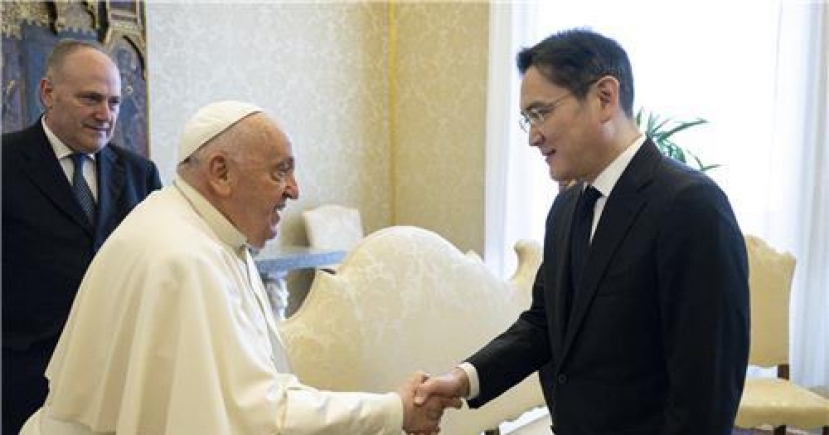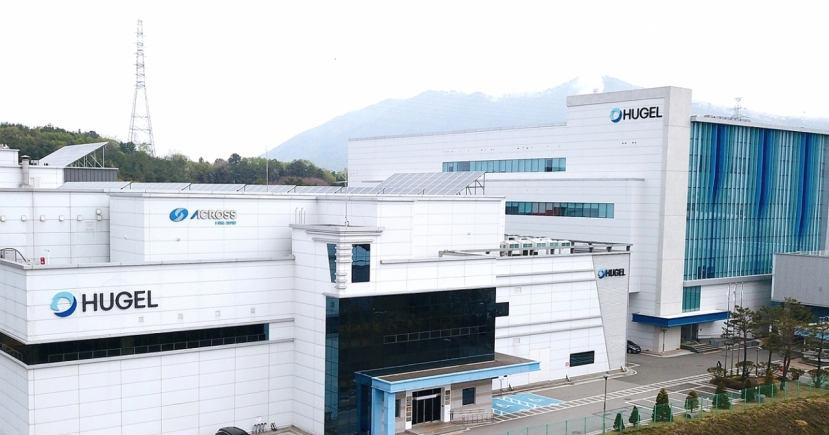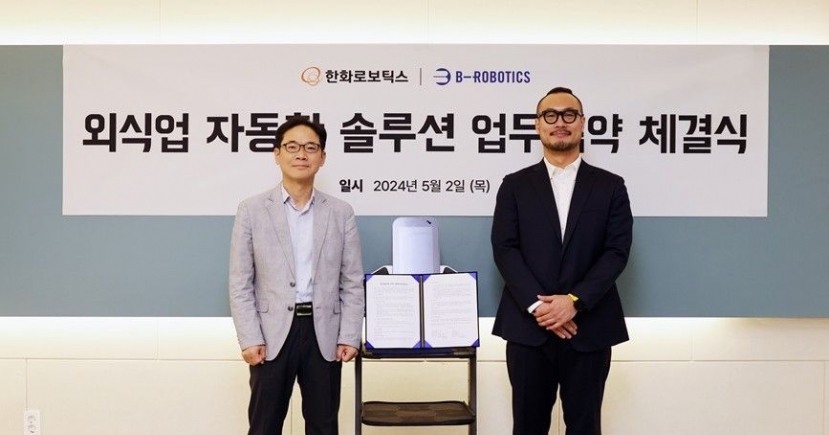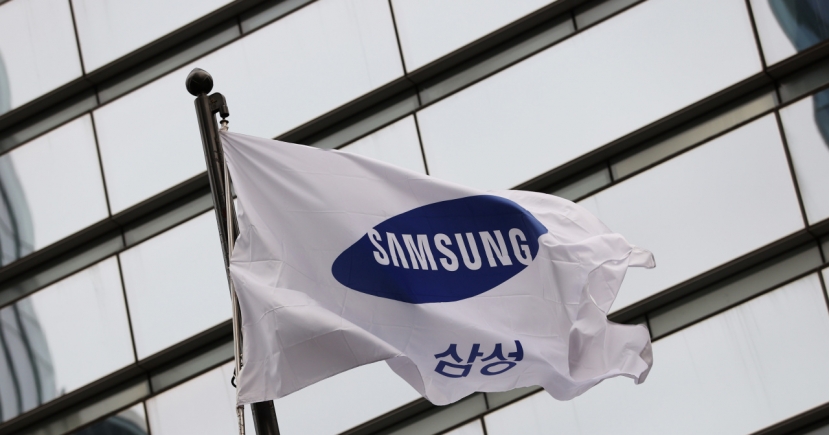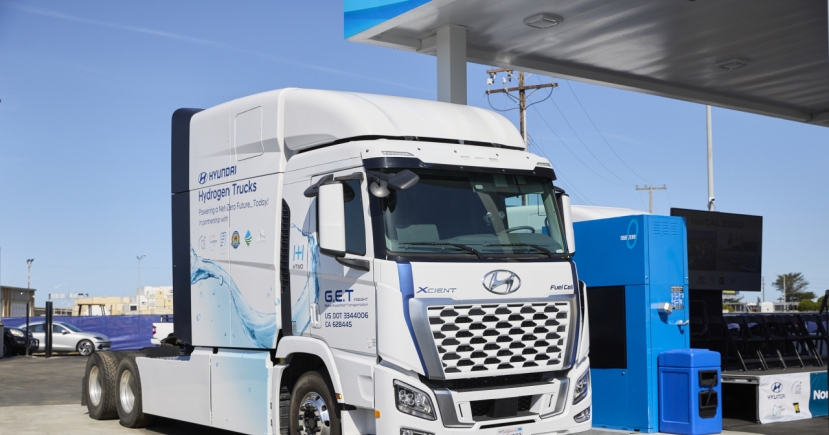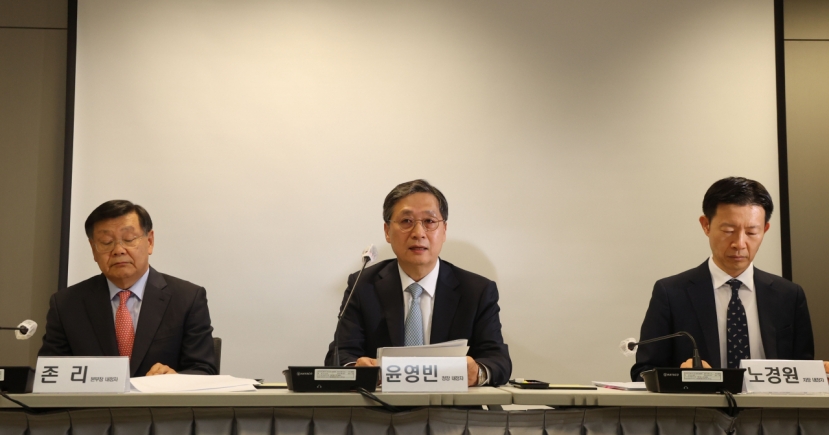Deals
Hyundai, Kia expand role in India’s EV localization
 |
From left: Jeong Duk-gyo, head of the electric vehicle parts purchasing subdivision at Hyundai Motor and Kia, Mandar V Deo, CEO of Exide Energy, and Yang Heui-won, head of Hyundai Motor and Kia’s R&D division, pose for photos at a partnership signing ceremony at Hyundai Motor Group’s Namyang Research and Development Center in Gyeonggi Province on Monday. (Hyundai Motor Group) |
Hyundai Motor and Kia announced Monday that they have signed a strategic partnership with Exide Energy, a leading battery company in India, to speed up India’s transition into electric vehicles and expand the Korean automakers’ presence there.
Under the partnership, Exide Energy will develop lithium-iron-phosphate, or LFP, battery cells and supply them to the automakers’ manufacturing footholds in India. The LFP battery cells will be loaded onto the carmakers’ India-specific EVs, which are expected to become the first EVs equipped with locally produced battery cells.
Exide Energy was established in 2022 as a wholly owned subsidiary of Exide Industries, a lead-acid battery supplier in India with over 75 years of experience and market leadership in India. The Indian battery maker is projected to begin mass production of EV batteries as early as the end of this year.
Hyundai Motor and Kia will collaborate with Exide Energy from the very beginning stages of the LFP development to the end process of mass production to ensure battery quality.
The signing of the memorandum also included expanding cooperation in not only EVs, but also hybrid vehicles and working together to secure raw cost competitiveness.
“India is a key market for vehicle electrification due in part to the government’s carbon neutrality goals, which makes securing cost competitiveness through localized battery production crucial,” said Yang Heui-won, head of Hyundai Motor and Kia’s R&D division.
“Through this global partnership with Exide Energy, we will gain a competitive advantage by equipping Hyundai Motor and Kia’s future EV models in the Indian market with locally produced batteries.”
India, the third-largest auto market in the world, has been aggressively pushing for more electric vehicles, as the country laid out the target to reach a 30 percent share of EVs among all vehicles sold by 2030.
To get ahead in the race for the local auto market, the two Korean carmakers have been going all out.
Hyundai plans to invest about 3.25 trillion won ($2.4 billion) in EV manufacturing facilities and EV-related infrastructures in India through 2033, as it looks to launch six EV models through 2028 and set up charging stations in mass numbers by using its local dealer network.
Kia will begin producing a locally tailored small EV in 2025 with plans to introduce various electrified vehicles in the future.
By Kan Hyeong-woo (hwkan@heraldcorp.com)
The Korea Herald


